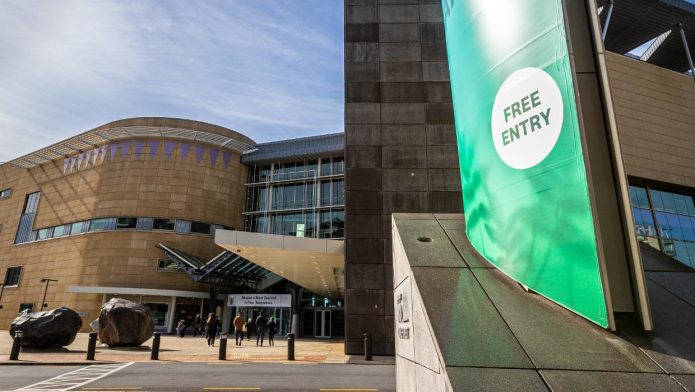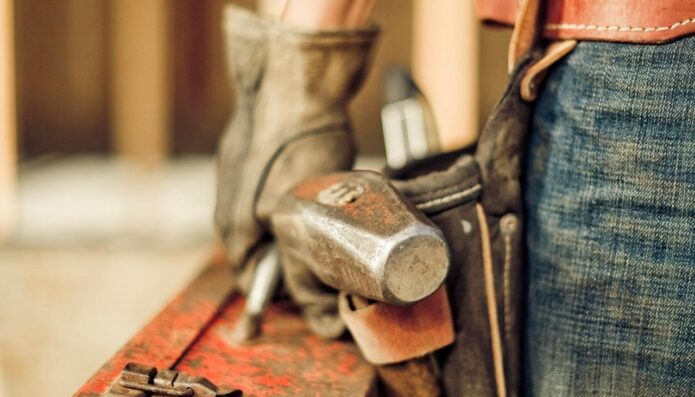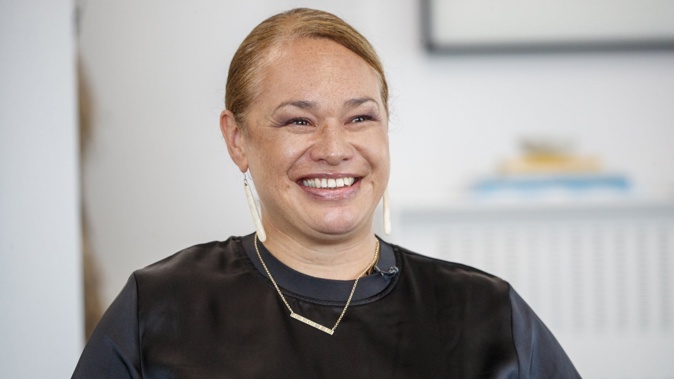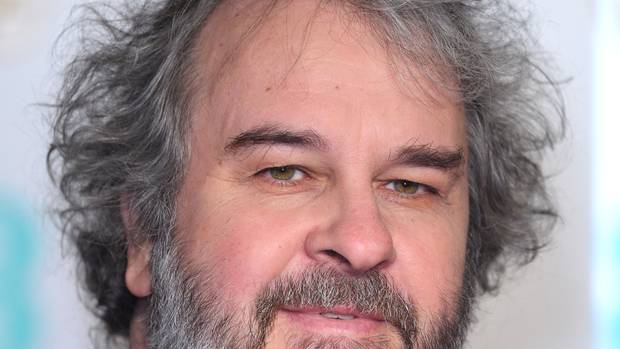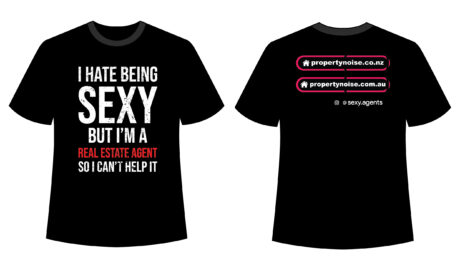PHOTO: A new report argues that the great Australian dream of owning a home has changed from being a place of essential shelter to an asset for growing personal wealth. (AAP: Glenn Hunt)
“Let’s make housing affordable”. It’s a catchphrase that federal politicians in recent decades have repeatedly used in their pre-election pitches, and which current major party campaign pledges are centred on.
Over the past four decades, governments have thrown money at first-time buyers under the guise that it will make housing more affordable.
While those who got the grants may be grateful, many economists argue it’s simply fuelled house price growth and made it harder for another generation of young people to buy a home (or at least do it without the backing of their parents).
A report released this week by think tank Per Capita shows the rate of home ownership is declining rapidly, especially among those under 40.
On current trends, it estimates that fewer than 55 per cent of people born after 1990 will own a house by the age of 40, compared to a historical high of 72 per cent.
But anyone who talks about making housing more affordable also needs to address the worrying flip side – falling house prices for Australians who are already in the property market and have a mortgage.
Two-thirds of Australians own their home, or more than one home, although most of them share ownership with their bank.
Per Capita notes that the proportion of outright home owners has shrunk by a quarter in the 20 years between 1997-98 and 2017-18, from about 40 per cent of the population to 30 per cent.
On the most recent data available, out of 10.5 million dwellings in Australia, about 37 per cent of Australians are owner-occupiers with a mortgage, about 29.5 per cent own their home outright, 27 per cent rent from a private landlord, and 3 per cent rent from state or territory housing.
So, can we make housing affordable without sending house prices tumbling?
With interest rates starting to rise from rock bottom, improvements to affordability from cheaper debt look like being history.
Like other subsidies, grants or tax breaks that added to demand, cheaper debt only tended to push up home prices and make housing less affordable anyway.
That means it’s all but impossible to genuinely make home ownership cheaper without lowering house prices.
The question then becomes, what policy changes can moderate house prices without tipping too many Australians into mortgage stress and causing them to lose their homes?
How consecutive governments made housing unaffordable
Per Capita notes that over decades we have witnessed the “financialisation of housing”: the great Australian dream of owning a home changed from being a place of essential shelter and became regarded as an asset to create and grow personal wealth.
This has happened due to several factors, the first of which was deregulation.
Since the early 1980s, regulations that set limits on how much and to whom banks could lend to have been wound back.
This most recently happened in December 2019. Banking watchdog APRA removed certain limits on lending, only to reintroduce some limits in October 2021 after house prices had shot up again.
Another factor that helped fuel housing demand and contributed to deteriorating housing affordability was generous tax breaks that primarily benefit wealthy investors.
Economists argue tax rules that fuel speculative buying include allowing for negative gearing against property (reintroduced by the Labor Government in the late 1980s shortly after the same Hawke government had abolished it), and the 50 per cent capital gains tax discount (introduced in 1999 by the then Howard government).
READ MORE VIA ABC
MOST POPULAR
 Real estate agent accused of taking rival’s signs
Real estate agent accused of taking rival’s signs Real Estate GURU warns real estate agents will lose their jobs | WATCH
Real Estate GURU warns real estate agents will lose their jobs | WATCH Real estate agent who hit motorcyclist pleads guilty
Real estate agent who hit motorcyclist pleads guilty Two real estate companies to merge
Two real estate companies to merge Abandoned land for sale
Abandoned land for sale ‘Unacceptable’: top real estate agents axed
‘Unacceptable’: top real estate agents axed The Big Bang Theory star Kaley Cuoco’s NEW mansion
The Big Bang Theory star Kaley Cuoco’s NEW mansion ‘Biggest housing bubble in Australian history’
‘Biggest housing bubble in Australian history’ JAILED! The rise and fall of a tennis legend: ‘Boom Boom’ Boris Becker, once worth $67million
JAILED! The rise and fall of a tennis legend: ‘Boom Boom’ Boris Becker, once worth $67million ‘She got the dog!’ Bill Gates reveals how he split wealth & Property EMPIRE in $130bn divorce
‘She got the dog!’ Bill Gates reveals how he split wealth & Property EMPIRE in $130bn divorce


